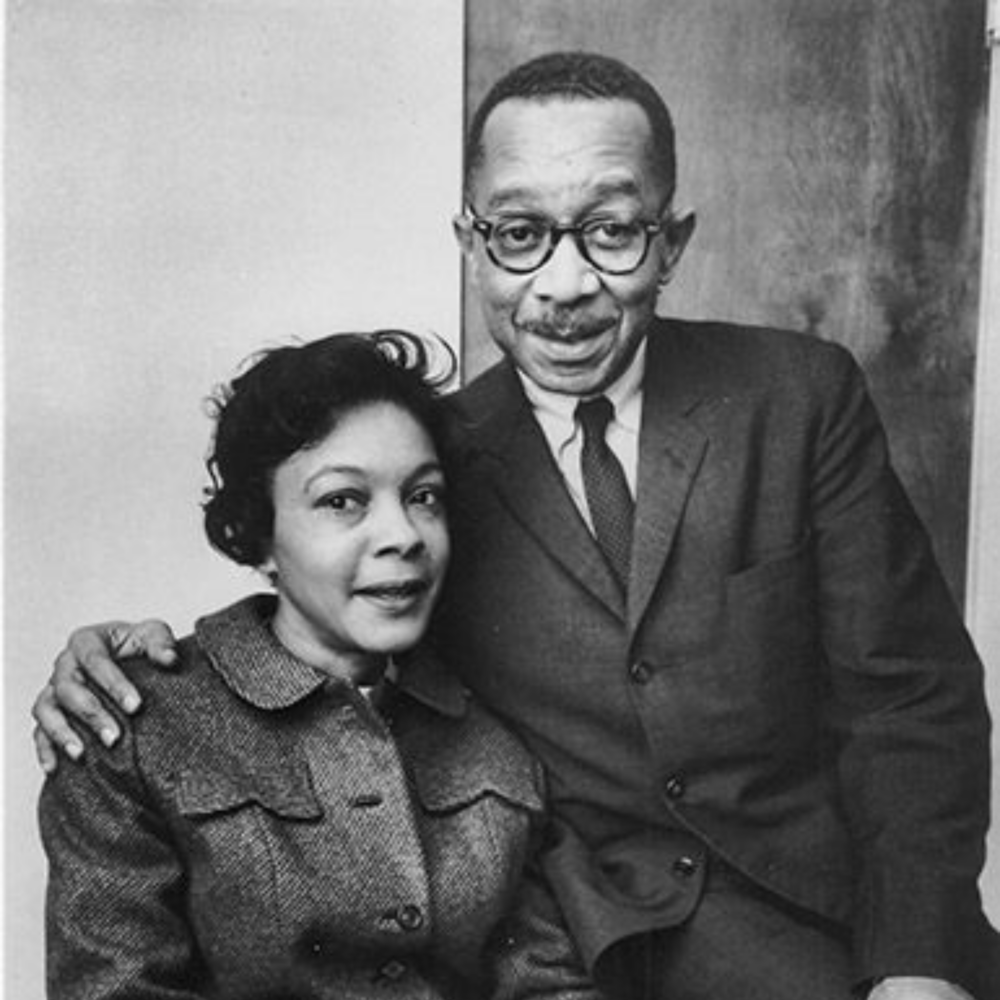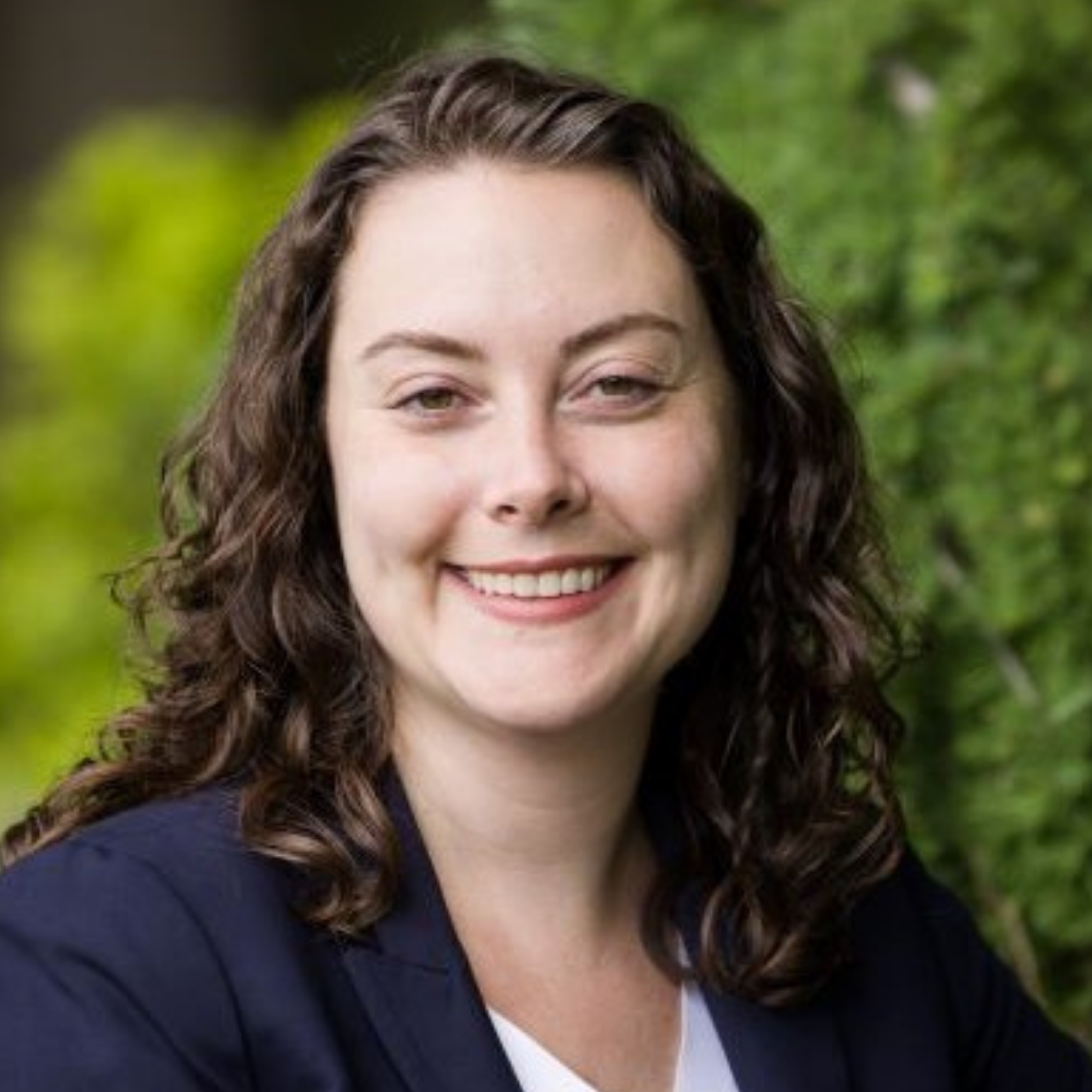
Funding Opportunities
Kenneth B. and Mamie P. Clark Grant
The Kenneth B. and Mamie P. Clark Fund supports research and demonstration activities that promote the understanding of the relationship between self-identity and academic achievement with an emphasis on children in grade levels K–8.
The Kenneth B. and Mamie P. Clark Fund supports research and demonstration activities that promote the understanding of the relationship between self-identity and academic achievement with an emphasis on children in grade levels K–8.
This grant alternates every other year between an early career psychologist and a graduate student. In 2026, this grant will support a graduate student.
The Kenneth B. and Mamie P. Clark Fund was established in 2003 to honor the Clarks and to perpetuate their work as pioneers in understanding the psychological underpinnings of race relations and in addressing social issues such as segregation and injustice.
The Clarks were the first and second African-Americans to receive PhDs from Columbia University. Their famous doll experiments, in which they asked children to express their likes and dislikes about brown-and white-skinned dolls, led the Clarks to conclude that the segregation in schools and society was psychologically damaging to the children. These studies are believed to be the first social science evidence considered as hard fact by the U.S. Supreme court, in Brown v. The Board of Education of Topeka.
Eligibility
APF encourages applicants from diverse backgrounds with respect to age, race, color, religion, creed, nationality, ability, sexual orientation, gender, and geography.
The 2026 grant will support a graduate student.
Familiarity with the Clarks’ work is essential:
- Kenneth Bancroft Clark, Library of Congress, Manuscript Division, Washington, D.C.
- Mamie Phipps Clark, Manuscripts Division, New York Public Library, New York.
- Markowitz, G. & Rosner, D. (1996). Children, Race and Power: Kenneth and Mamie Clark’s Northside Center. Charlottesville: University Press of Virginia.
Application Instructions
Application Materials:
- project proposal
- project timeline
- detailed budget and justification
- CV
Evaluation Criteria
Applications will be evaluated on:
- conformance with stated program goals and qualifications
- quality and potential impact of proposed work
- originality, innovation, and contribution to the field with proposed project
- applicant’s demonstrated competence and capability to execute the proposed work
- allocation of resources and criticality of funding for execution of work (particularly if part of a larger funded effort)
For detailed application instructions including formatting and content, please create or log into your GivingData account and review the comprehensive application instructions in the portal. If you still need assistance after reviewing the portal, please contact APF Programs at programs@ampsychfdn.org.
Please be advised that APF does not provide feedback to applicants on their proposals.
Please review our Program FAQs for important details on the application process.

Recent Recipient
Laura Elenbaas, PhD
Purdue University
“Free to Talk? How Conversations in Third Places Support Children’s Social Identity Development and Academic
Achievement”
Past Recipients
2025
Laura Elenbaas, PhD, Purdue University
“Free to Talk? How Conversations in Third Places Support Children’s Social Identity Development and Academic Achievement”
2024
Anjuii Barrett, Washington University in St. Louis
“A Cross-Cultural Exploration of How Environment Impacts Black Children’s Learning and Social Preferences in Educational Contexts”
2023
Dr. Nicole A. Telfer, University of North Carolina at Chapel Hill
“Parents’ Ethnic-Racial Socialization Practices Among Young Black Students with Disabilities”
2022
Lashawn Ford, Spalding University
“Identifying and Assessing Youth Racial Trauma”
2021
Abby Hughes-Scalise, PhD, Augsburg University and Jené Carter, PhD, Allina Health
2020
Dacey Bashaw, Claremont Graduate School
2019
Kristia Wantchekon, PhD, Harvard University
2018
Sally Grapin, PhD, Montclair State University
2017
Hyesung Grace Hwang, Washington University in St. Louis
2016
May Ling Dodge Halim, PhD, California State University, Long Beach
2015
Krystal Thomas, Virginia Commonwealth University
2014
Saskias Casanova, PhD, Arizona State University
2013
Yamanda Wright, University of Texas at Austin
“Racial Mistrust, Perceptions of Discrimination, and Academic Achievement Among African American and European American Children”
2012
Michael Strambler, Yale University
